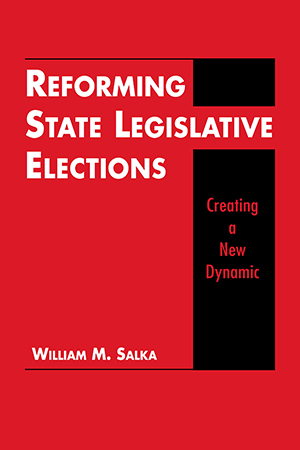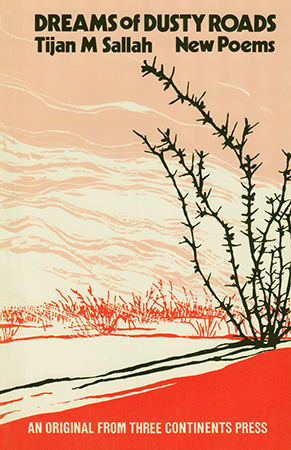BOOKS
Seeking to better understand the processes that push teenage girls to acts of criminal violence, Judith Ryder explores the relationship between disrupted emotional bonds and violent More >
After decades of US military assistance in the Middle East—providing expensive weapons systems and conducting military exercises—why are the military capabilities of US allies in More >
The tranquility of the European Union's transition to the euro in 1999 contrasted dramatically with the preceding tumultuous decades of exchange rate crises and political upheavals. But More >
Why did New York City, the largest center of Jewish culture and home to more survivors than any other city in the United States, take more than half a century to finalize plans for its More >
The number of casualties in the ongoing Russo-Ukrainian war is rapidly approaching 1.5 million, with no resolution in sight … a staggering reality. Seeking to make what sense is More >
Lester Salamon assesses the reality behind the "corporate social engagement" hype in Latin America, examining what forms CSE is taking, how it is being implemented, why businesses More >
In Volume Two of Global Civil Society, the Johns Hopkins Comparative Nonprofit Sector Project continues the comprehensive overview of the scope, size, composition, and financing of the More >
Salih's shocking and beautiful novel reveals much about the people on each side of a cultural divide. A brilliant Sudanese student takes his mix of anger and obsession with the West to More >
When it comes to legislative elections, entrenched incumbents typically face little competition, and excessive campaign spending often corrupts the democratic process. At the state level, a More >
One of the most important literary voices to emerge from The Gambia for several decades, Sallah writes nostalgically about his African roots. This, his third collection, includes elegant, More >



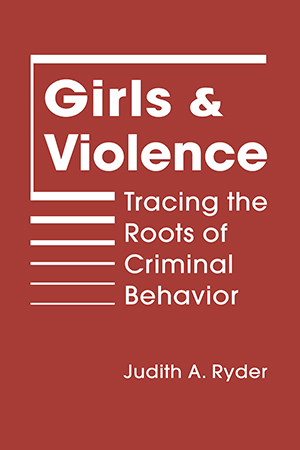
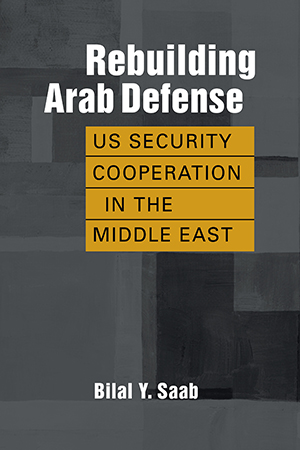
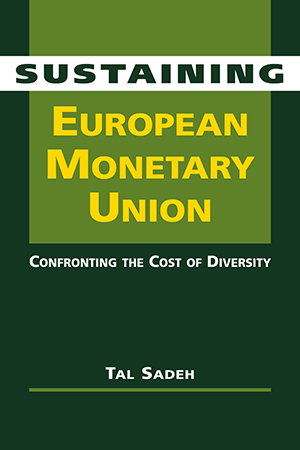
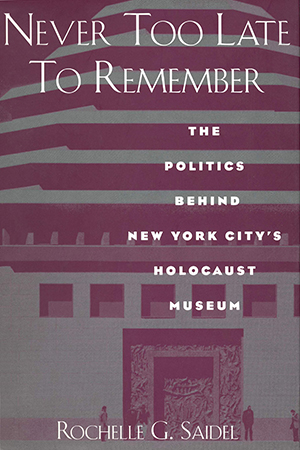
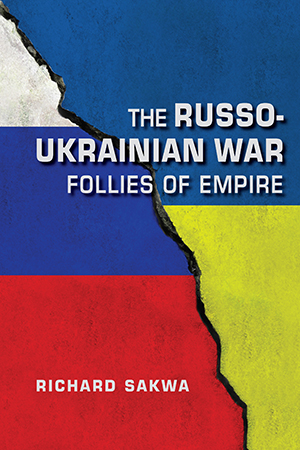
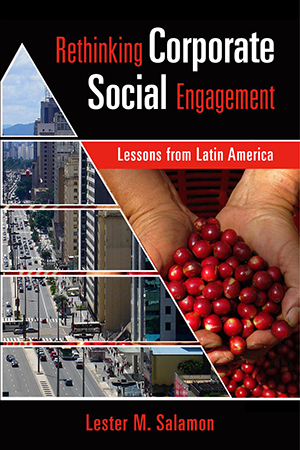
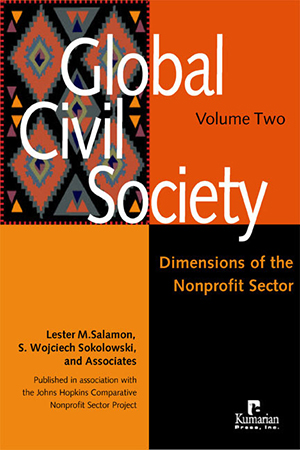
![Season of Migration to the North [a novel]](/uploads/6706bb1de781f.jpg)
